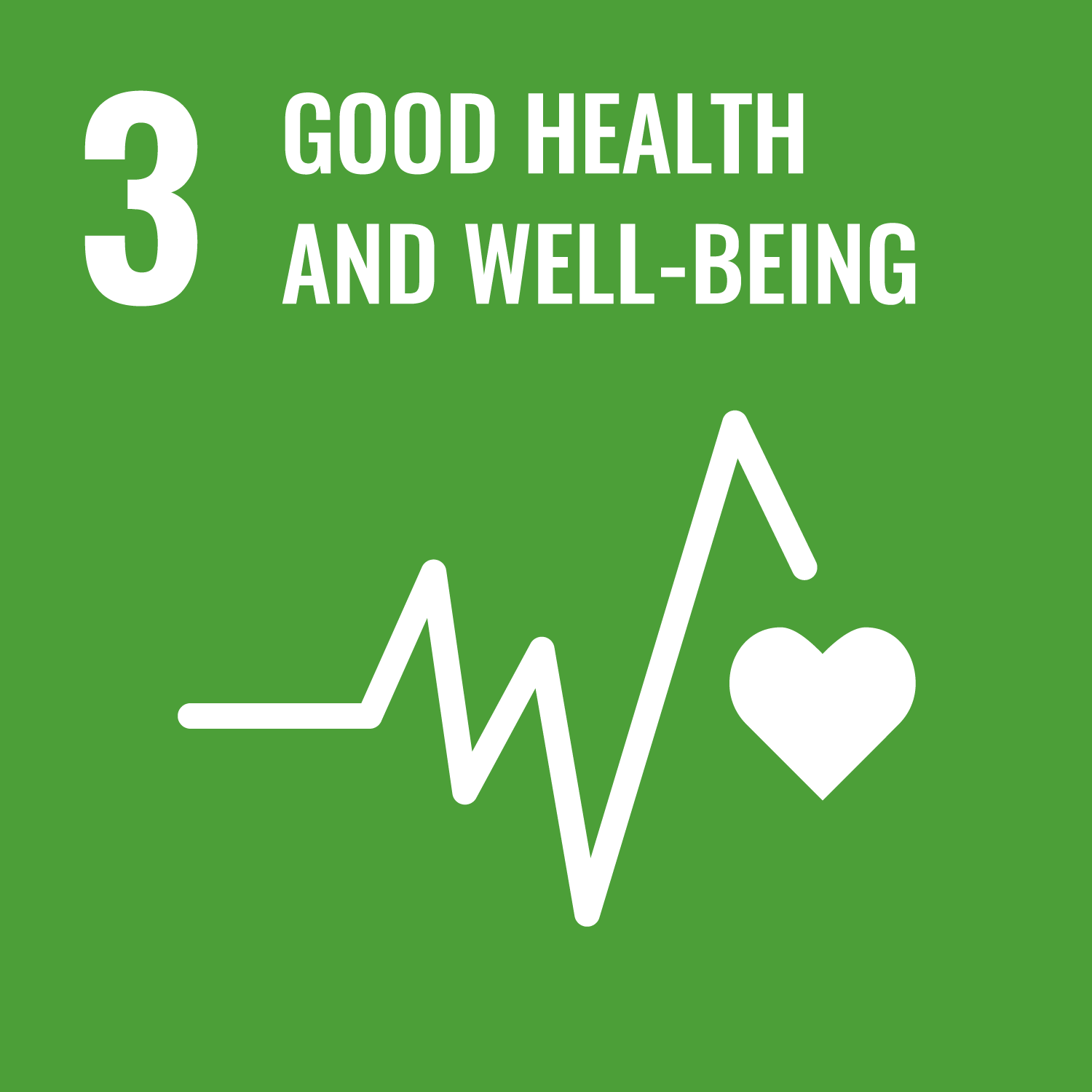Complex chemical reaction networks for breakthrough scalable reservoir computing
The brain is the world’s most amazing computer, and it runs entirely on chemical reactions. The vision of CORENET is to construct brain-mimicking computing devices that utilise networks of chemical reactions as molecular information processing systems. To achieve this vision, the consortium will implement reservoir computing (RC) on microfluidic chips using chemical reaction networks (CRNs) that convert input feedstock molecules and environmental conditions into a pattern of product molecules. This pattern can be monitored on a chip using a combination of high-throughput mass spectrometry analysis, algorithmic cheminformatics, and AI tools.
CORENET will generate a breakthrough in highly scalable and functional chemical RC by integrating the partners’ new knowledge and state-of-the-art methodologies in systems and analytical chemistry, microfluidics, cheminformatics, and machine learning. CORENET will produce microfluidic chip devices that perform high-level computing with molecules, synthesising and analysing a pattern of output molecules in situ. This molecule-based computing power enables truly sustainable AI and speaks the language of living systems, which constantly process information about their molecular environment. Future applications of the chemical RC system lie in implantable devices, brain-machine interfaces, and personalised medicine. CORENET brings together 4 leading scientists with complementary expertise that covers all fundamental aspects of this project. Their expertise is combined with the world-class knowledge in AI/ML modelling of a high-tech global industry partner with unique research and computing infrastructure, while an SME specialised in the communication and dissemination of results will ensure maximized impact. Our highly interdisciplinary team will generate new scientific knowledge and breakthrough technologies to achieve essential priorities for Europe`s future and its support to the UN Sustainable Development Goals.
This project contributes to the UN Sustainable Development Goals (SDGs) 3 and 9.
Coordinator:Universidad Autonoma de Madrid, ES
Partners:
- Stichting Radboud Universiteit, NL
- Agencia Estatal Consejo Superior de Investigaciones Científicas, ES
- Syddansk Universitet, DK
- IBM Research Europe — Zurich, CH
- accelopment Schweiz AG, CH




